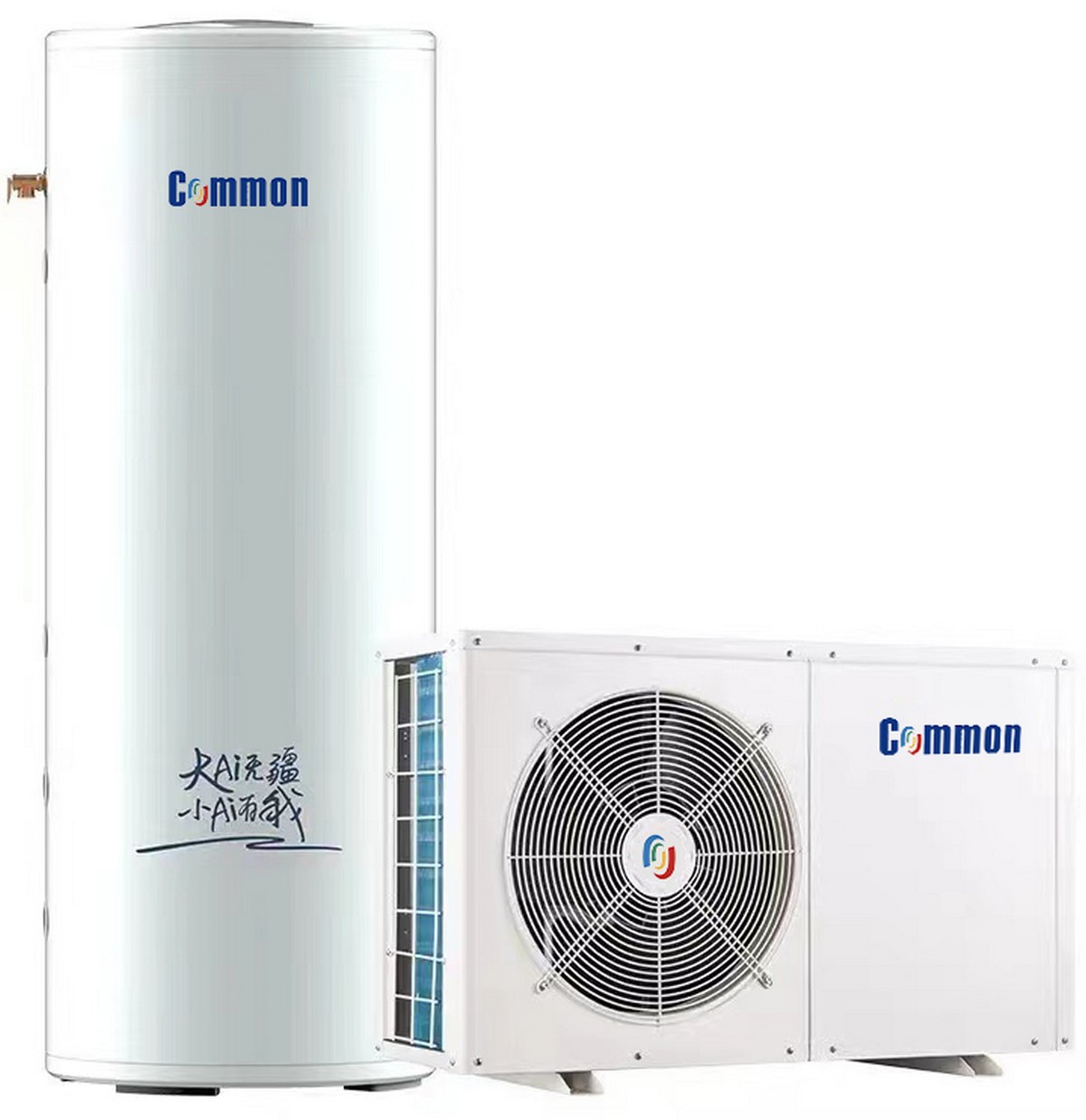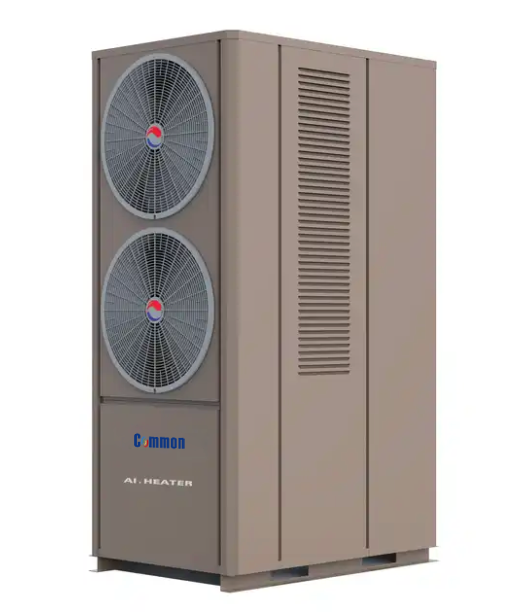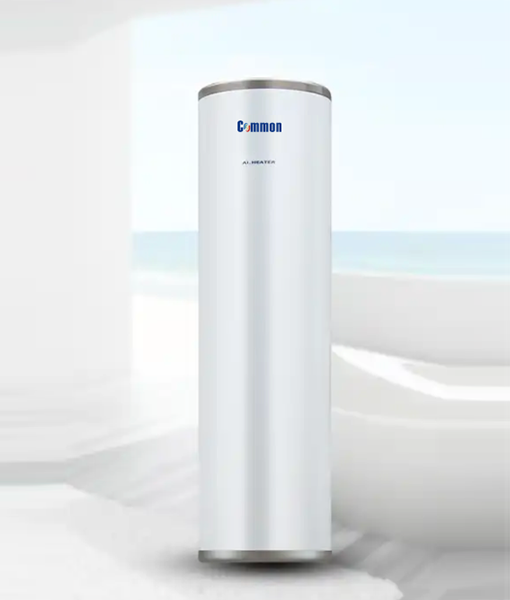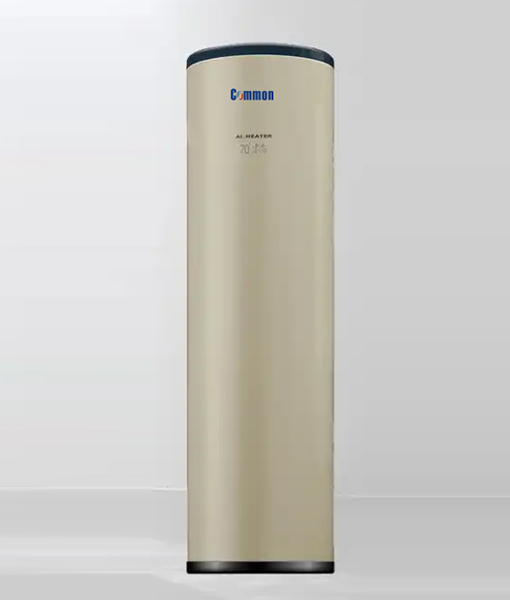Air source heat pump is an innovative technology that provides heat to buildings by extracting heat from the outside air. It is widely used in home heating, hot water supply and commercial HVAC systems. The principle of air source heat pump is relatively simple, but its high efficiency and environmental friendliness have made it the first choice for heating systems in more and more homes and businesses in recent years.
Working principle
The core principle of air source heat pump is heat transfer, which obtains heat from the outside air and transfers it to the room. Specifically, the air source heat pump system includes the following important components: compressor, evaporator, condenser and expansion valve. First, the compressor compresses the low-temperature and low-pressure refrigerant gas to high temperature and high pressure, and then absorbs the heat from the outside air through the evaporator, and the refrigerant gas becomes steam. Then, the condenser releases the heat in the steam into the room, and finally the refrigerant gas is depressurized and recirculated through the expansion valve. In this process, the air source heat pump not only provides heat energy for the room, but also cools the room through reverse operation, playing a cooling role.
Energy saving and high efficiency
The most significant advantage of air source heat pump is its high efficiency ratio. Compared with traditional heating methods, air source heat pumps can use energy more efficiently. For every kilowatt-hour of electricity consumed, it can provide 3-5 kilowatt-hours of heat energy, which is much more efficient than traditional electric heaters. This makes air source heat pumps an energy-saving option that can significantly reduce electricity bills and energy consumption.
Environmentally friendly and pollution-free
Another advantage of air source heat pumps is its environmental friendliness. It uses renewable energy (heat from the outside air) to heat indoor spaces without burning fossil fuels, so no harmful gas emissions are produced. Compared with traditional gas or electric heating systems, air source heat pumps have greatly reduced negative impacts on the environment and are a green and environmentally friendly heating option.
Versatility
In addition to providing winter heating, modern air source heat pumps can also provide seamless solutions throughout the year, including hot water supply and cooling functions. With the continuous advancement of technology, many air source heat pumps are also equipped with intelligent control systems, which can be remotely adjusted through mobile phones or smart home systems, making operation more convenient.
Adapt to various climate conditions
Air source heat pumps can operate efficiently in a variety of climate conditions. In the cold winter, modern air source heat pumps are already able to work in sub-zero temperatures to ensure indoor warmth. In addition, many air source heat pumps are equipped with a defrost function, which can cope with wet and cold weather and maintain a stable heating effect.
In summary, air source heat pumps have become an ideal heating solution with their advantages of high efficiency and energy saving, environmental protection and low carbon, and strong adaptability. Whether it is a home or a commercial building, you can enjoy a comfortable indoor temperature by installing an air source heat pump, while reducing energy consumption and environmental pollution. It is a green technology worth promoting.
0086-13688976599








